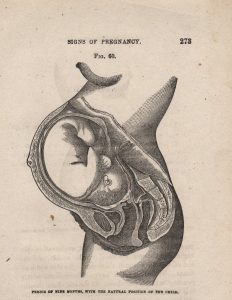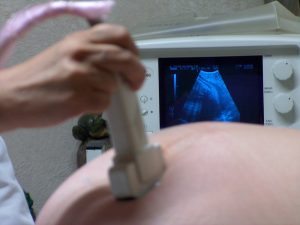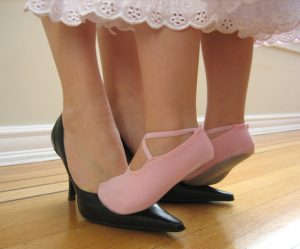In order to be successful in claiming employment discrimination in California, employees must first assert they are part of a protected class that received unfair treatment. The U.S. Equal Employment Opportunity Commission (EEOC) explains that to discriminate means to treat someone less favorably and disparately, with federal protections extending to individuals on the basis of gender, religion, color, race, national origin, disability or age (over 40). In California, unlawful practices spelled out by the Fair Employment and Housing Act 12940 outlines protections for these classes, but also for:
- Genetic information
- Marital status
- Gender identity/gender expression
- Sexual orientation
- Military or veteran status

Part of the reason California’s additional protected classes matter is they go farther than federal law, giving unfairly-treated employees more options to pursue action.
As Los Angeles employment discrimination attorneys can explain, “protected classes” aren’t merely limited to minorities. But employment discrimination is often subtle – and doesn’t necessarily need to actually be a part of a protected class in order to be protected. Discrimination based on the perception of belonging or association with others in these classes can be actionable in California employment discrimination cases too.
Perceived Protected Class Employment Discrimination Continue Reading ›
 Orange County Employment Lawyers Blog
Orange County Employment Lawyers Blog










